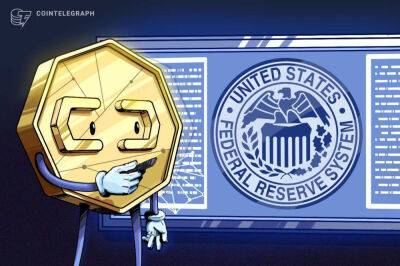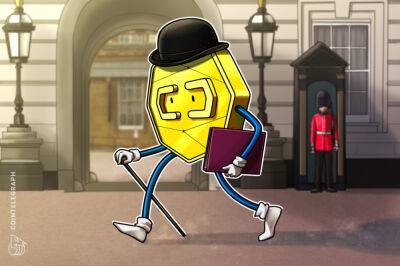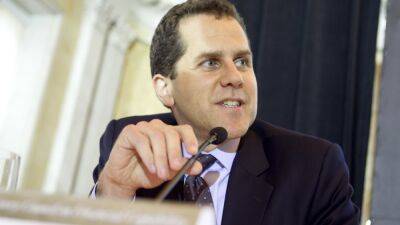What are the options for managing skyrocketing energy bills this winter?
Annual energy bills are predicted to surpass £4,200 come January – a startling number that many Britons will struggle to comprehend, let alone pay, given household budgets are already being stretched to the limit by soaring food and fuel prices.
This looming hardship has fuelled support for the Don’t Pay UK campaign, which says more than 100,000 people have pledged to join its mass protest and stop paying their energy bills from October. However, charities have issued warnings about the risks associated with doing this. So what are your options to manage skyrocketing energy bills this winter?
There is not necessarily safety in numbers, and joining the Don’t Pay UK boycott is a high-risk strategy. Gas and electricity demands are classed as priority bills, says the debt charity Stepchange, meaning there can be severe consequences for missing or being late on a payment. The supplier can chase arrears using a debt collection agency or seek a court warrant to enter your home and fit a prepayment card meter, which cuts off the electricity if it is not topped up and comes with a higher tariff.
Adam Hosker, a director of the mortgage broker Cyborg Finance, says anyone refusing to pay is “swinging a wrecking ball at their credit score”, with the resulting black mark making it harder to secure a mortgage or loan in the future.
Your supplier should explain how your payment has been worked out. Some suppliers have got into trouble for raising customers’ direct debit payments by too much – so check the maths and don’t be afraid to haggle if you think it’s wrong.
Ofgem, the energy regulator for England, Scotland and Wales, recently conducted a market review to ensure customers were being treated fairly and has threatened to take action
Read more on theguardian.com


![Litecoin [LTC]: Your take-profit targets can be a revisit of this area](https://finance-news.co/storage/thumbs_400/img/2022/9/8/39991_uhpi.jpg)















